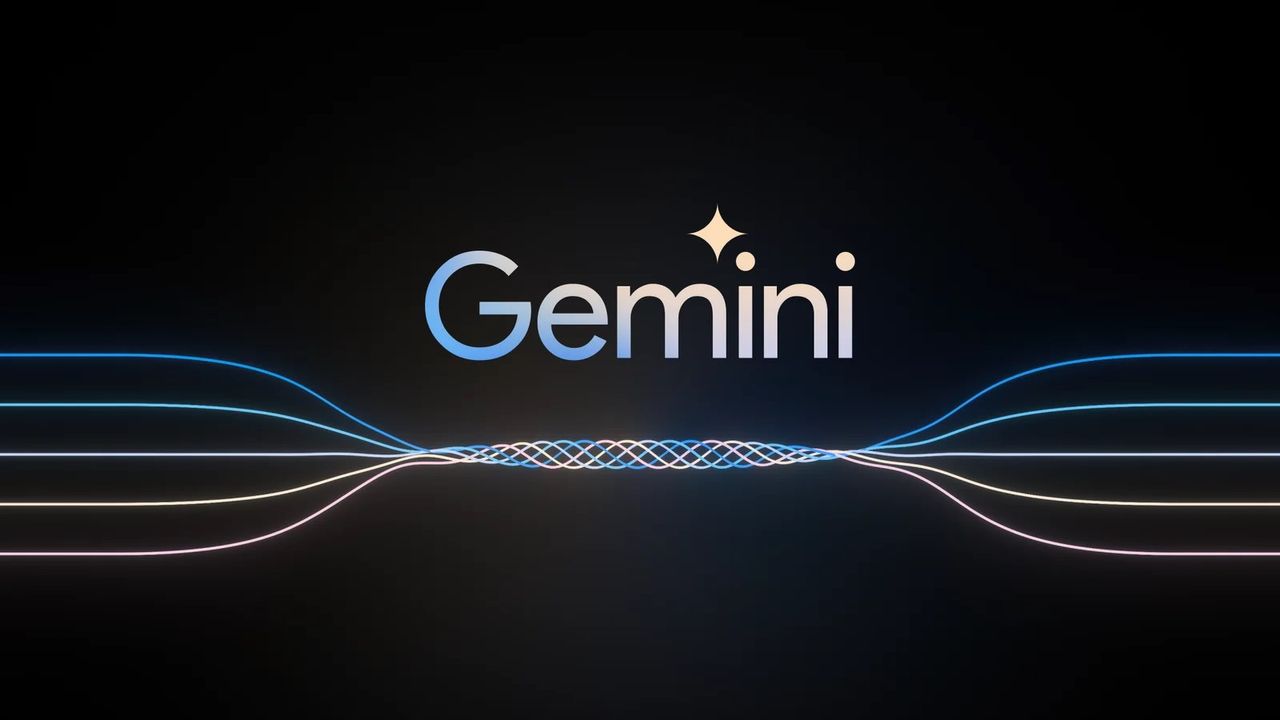
As reported by WindowsLatest and Twitter user @Leopeva64, the latest test version of Google Chrome – called Canary – now has a feature called “Contextual tasks.” You can activate it by changing hidden settings within Chrome. When enabled, it appears as a new option in the “More Tools” menu.
The new feature is designed to open a panel on the side of the screen, but it’s not working quite right at the moment and doesn’t fully load. However, it looks very similar to the Copilot sidebar in Microsoft Edge from last year, indicating that both features are trying to bring AI help directly into your browsing experience.
This initial test indicates Google is working to better integrate Gemini into Chrome. This could eventually lead to a feature where Chrome can browse the web and complete tasks automatically, something Google mentioned in a blog post last month.
What agentic browsing actually means for Chrome users
You’re likely hearing a lot about “agentic browsing” in the world of AI. Simply put, it allows AI tools like Gemini to actually *take actions* for you – things like ordering meals, shopping online, or scheduling appointments.
To function effectively, Gemini needs access to your personal information, like your browsing history and what you do online, to help with various tasks. This understandably brings up privacy questions, which are a continuing concern for the entire AI field.
Google is actively developing the technology to allow AI to work directly within web pages and browser tabs. In the future, this could enable Chrome to automatically handle tasks like filling out forms, moving between websites, and even switching tabs – all based on your requests.
Edge Copilot already has “AI” browsing
I prefer using Microsoft Edge, and it’s already testing a helpful new feature called Copilot. With your approval, Copilot can access all your open browser tabs to help with things like comparing products or quickly summarizing webpages.
The new Edge browser also features Actions, allowing users to ask Copilot to complete specific tasks. While its capabilities are currently limited, it demonstrates the potential of ‘agentic browsing’ – a future where your browser can automatically take care of common online activities for you.
The road ahead — privacy, control, and the risks for the web

Using AI to handle simple, everyday tasks seems helpful, but it does bring up some worries, especially about privacy. These AI systems need access to your account information and online activity to work, and that might make some people uneasy.
A key worry is that increasing automation could change the internet as we know it. If things like shopping and browsing become completely automated, websites might struggle to attract visitors and earn money. It’s unclear what the lasting effects will be, and we’ll need to wait and see how it all unfolds.
Currently, Microsoft Edge is leading the way by integrating OpenAI’s technology into its Copilot feature, while Google is still working on its own AI, Gemini. I’m not completely convinced by these AI features yet. I enjoy using Edge, but I hope Microsoft doesn’t make these AI tools intrusive or unavoidable. I feel the same way about Chrome – I’d prefer not to be forced to use AI when browsing.
It’s difficult to picture a time when we won’t search the internet ourselves, relying instead on AI to find information for us. However, companies like Google and Microsoft appear to be actively working towards that future.
I’m not very enthusiastic about where things seem to be heading with AI. Although I recognize its potential benefits, I hope people don’t give up having some level of control.
It’s great to think about AI handling annoying or boring jobs. However, if it slows things down or feels too overbearing, I’d rather just use a more straightforward solution.

Stay up-to-date with the latest news, insights, and features from Windows Central by following us on Google News!
Read More
- Best Controller Settings for ARC Raiders
- Survivor’s Colby Donaldson Admits He Almost Backed Out of Season 50
- Gold Rate Forecast
- How to Build a Waterfall in Enshrouded
- Meet the cast of Mighty Nein: Every Critical Role character explained
- How to Get the Bloodfeather Set in Enshrouded
- Fatal Fury PS5, PS4 Will Return with a Second Season of DLC Fighters
- Where Winds Meet: How To Defeat Shadow Puppeteer (Boss Guide)
- Character Introduction — “The Undying Fire” Durin
- World of Warcraft: Midnight Gets March 2, 2026 Release Date in New Trailer, Beta Sign-Ups Now Open
2025-10-14 20:41